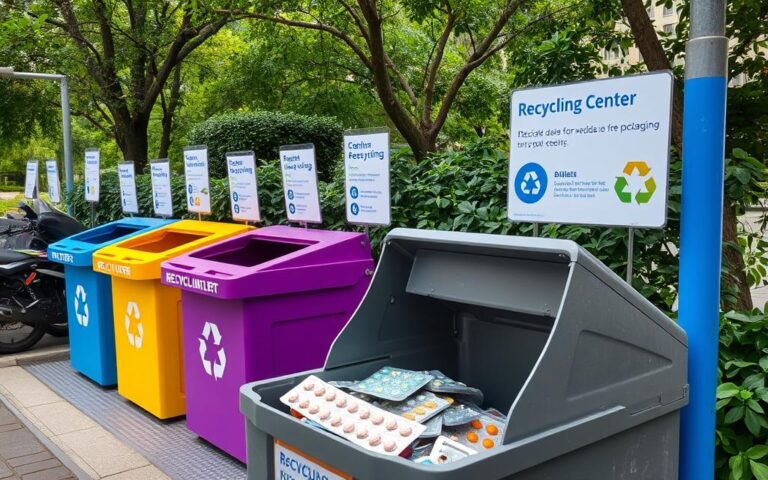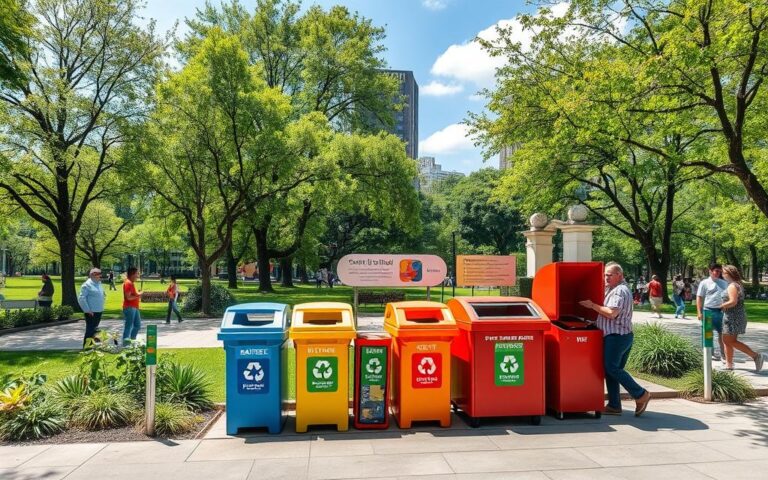How Recycled Devices Support Modern App Ecosystems
As smartphone use expands globally, recycled and lower-specification devices play a crucial role in shaping how modern applications are developed, distributed, and used. The presence of such devices within mobile ecosystems encourages inclusive access, influences software architecture, and contributes to broader system functionality.
Enabling Wider Access to Applications
Recycled devices often run older operating systems and feature limited hardware capabilities. Their presence among global users necessitates the creation of applications that do not rely on high processing power or large memory capacity. This demand has led to the development of lightweight application versions such as Facebook Lite, Messenger Lite, YouTube Go, and Instagram Lite.
These applications minimise RAM usage, reduce visual effects, and compress data requirements. YouTube Go, for example, offers video previews and downloads to reduce reliance on constant internet connectivity. This ensures continued usability for individuals in regions with intermittent or costly data access.
By addressing technical limitations directly, application developers expand mobile access to people who otherwise would face exclusion from digital services. These adaptations also help ensure that technological progress accommodates a wider user base, beyond those with the latest devices.
Supporting Efficient Development Practices
Recycled devices prompt developers to work within narrower technical margins. Applications must be built to occupy less storage space, execute tasks quickly, and maintain user experience under limited conditions. These requirements promote more efficient programming methods, cleaner code, and prioritisation of core functions.
Rather than diminishing product quality, this approach often improves it. Developers focus on stability, speed, and user navigation. Applications that perform well on recycled devices tend to retain these characteristics on newer devices as well. In this way, design decisions driven by low-spec hardware support overall improvements in software efficiency and performance.
Encouraging Broader Behavioural Integration
Recycled devices play a part in promoting behavioural changes through mobile apps, particularly in sectors such as waste management. Applications designed to track recycling habits, coordinate local collection systems, or log material usage are accessible through older hardware. This enables wider public participation in sustainability initiatives.
People using such devices can monitor their own environmental impact, receive local waste collection alerts, or access informational tools without needing premium technology. These functionalities contribute to circular economy practices while offering digital touchpoints that do not rely on the newest smartphones or tablets.
Behavioral impact arises from daily engagement. Since recycled devices remain functional across essential applications, they allow consistent participation in these systems, increasing long-term effectiveness.
Integration in Data-Driven Systems
Mobile apps also serve administrative and research purposes in recycling systems. For example, local authorities and private operators may use mobile tools to track collection routes or report data in real time. Recycled devices allow participation from stakeholders with limited resources, including informal sector workers and community volunteers.
Applications designed with compatibility across device generations make it possible for a wide range of users to contribute to operational outcomes. This collective access strengthens the systemic performance of waste management networks. It also reduces disparities in who can contribute to and benefit from technological integration.
Digital Preferences and Application Adaptation
The continued presence of recycled devices within user bases has a measurable influence on the design and distribution of applications. Simpler, data-efficient tools frequently see increased adoption among those using devices with reduced processing capabilities. This trend extends beyond essential utilities and shapes how entertainment and informational content are accessed on mobile platforms.
The popularity of online slots demonstrates how application developers have adjusted traditional formats to perform effectively on a broad range of mobile hardware.All Games are delivered in compact, optimised versions that reduce technical demand while preserving functionality.
These adjustments reflect a broader shift in application design, where accessibility across device types is prioritised alongside usability. Entertainment remains integrated within the mobile experience without requiring advanced hardware, making app ecosystems more inclusive for users of recycled devices.
Sustaining Ecosystem Diversity
Recycled devices contribute to the diversity of mobile ecosystems by maintaining demand for cross-compatible applications. Developers balance design for advanced features with support for basic functionality. This encourages software products that operate across a range of hardware specifications.
In waste management, mobile applications are used not only by citizens but also by scientists, municipal planners, and private operators. Each group benefits from tools that function without requiring high-end devices. Recycled hardware supports this continuity by providing dependable access across user roles and economic contexts.
Mobile apps developed for compatibility across devices do not reduce their scope. Instead, they anchor broader efforts to deliver services efficiently, integrate stakeholders, and maintain technological inclusiveness. Recycled devices are central to this outcome, supporting the stable evolution of mobile app ecosystems.















